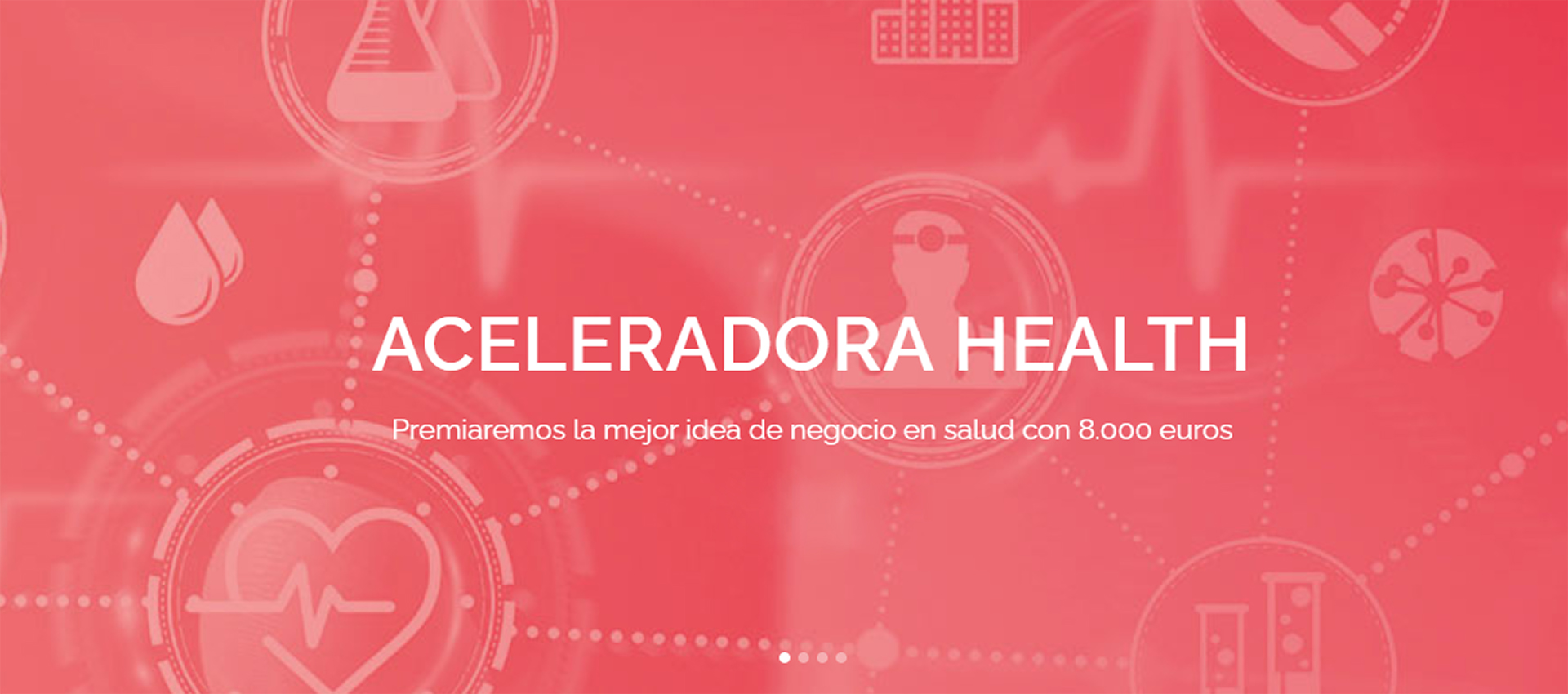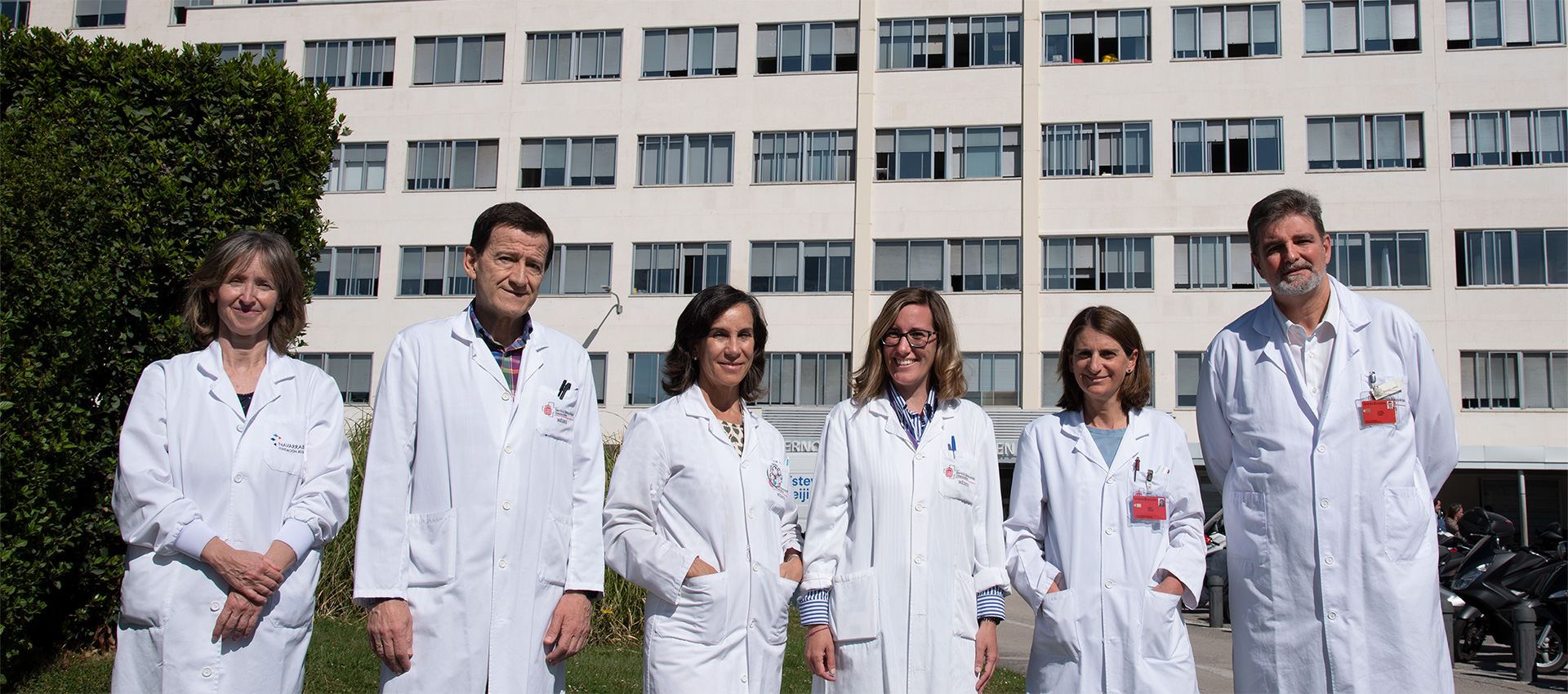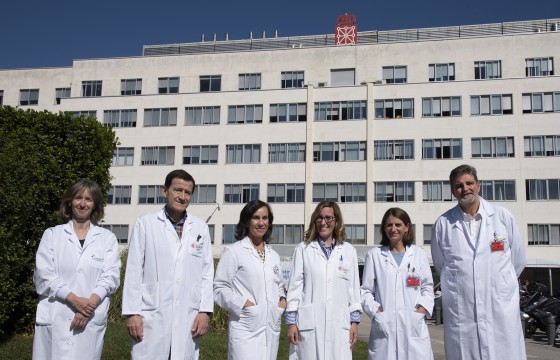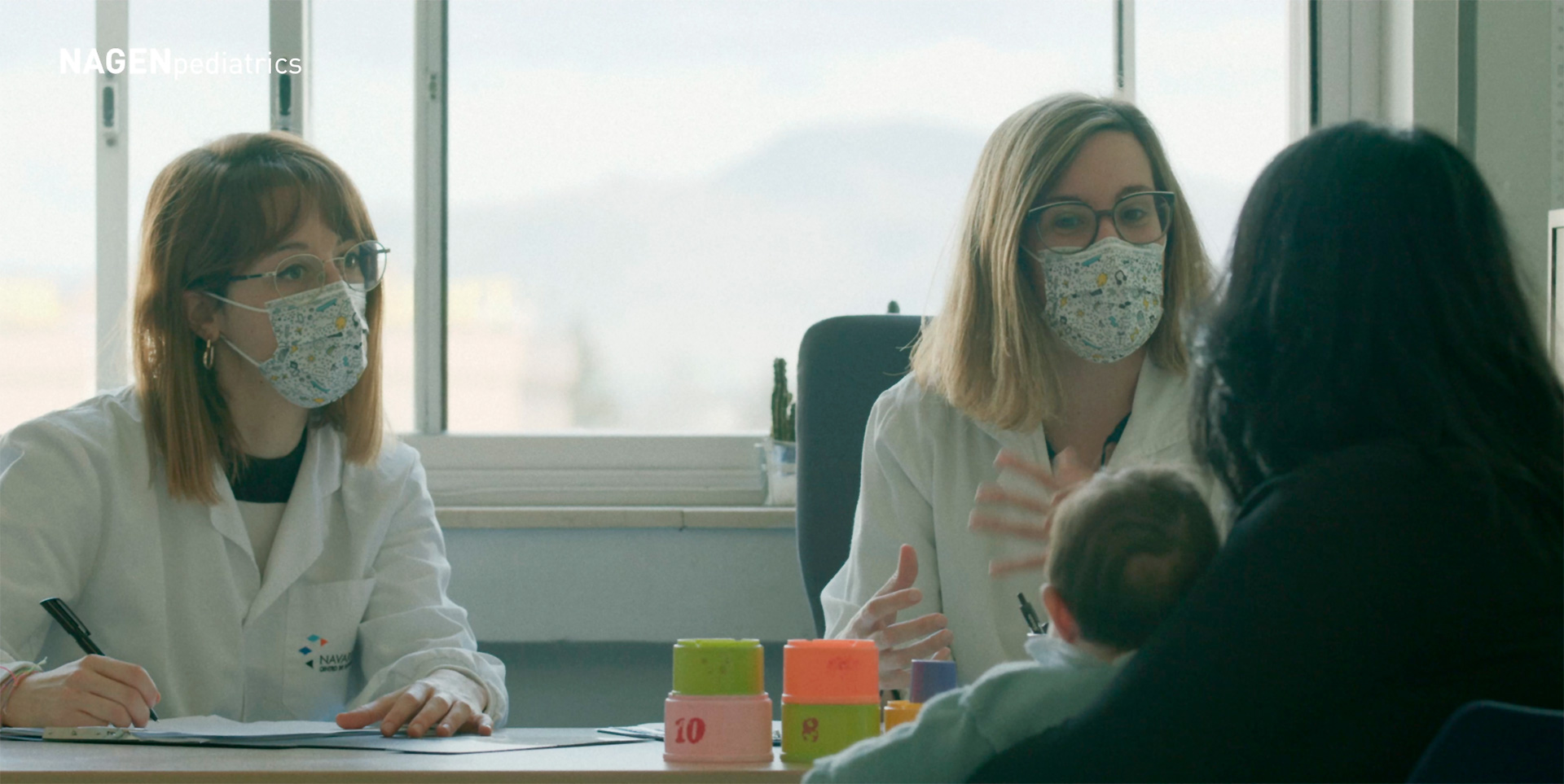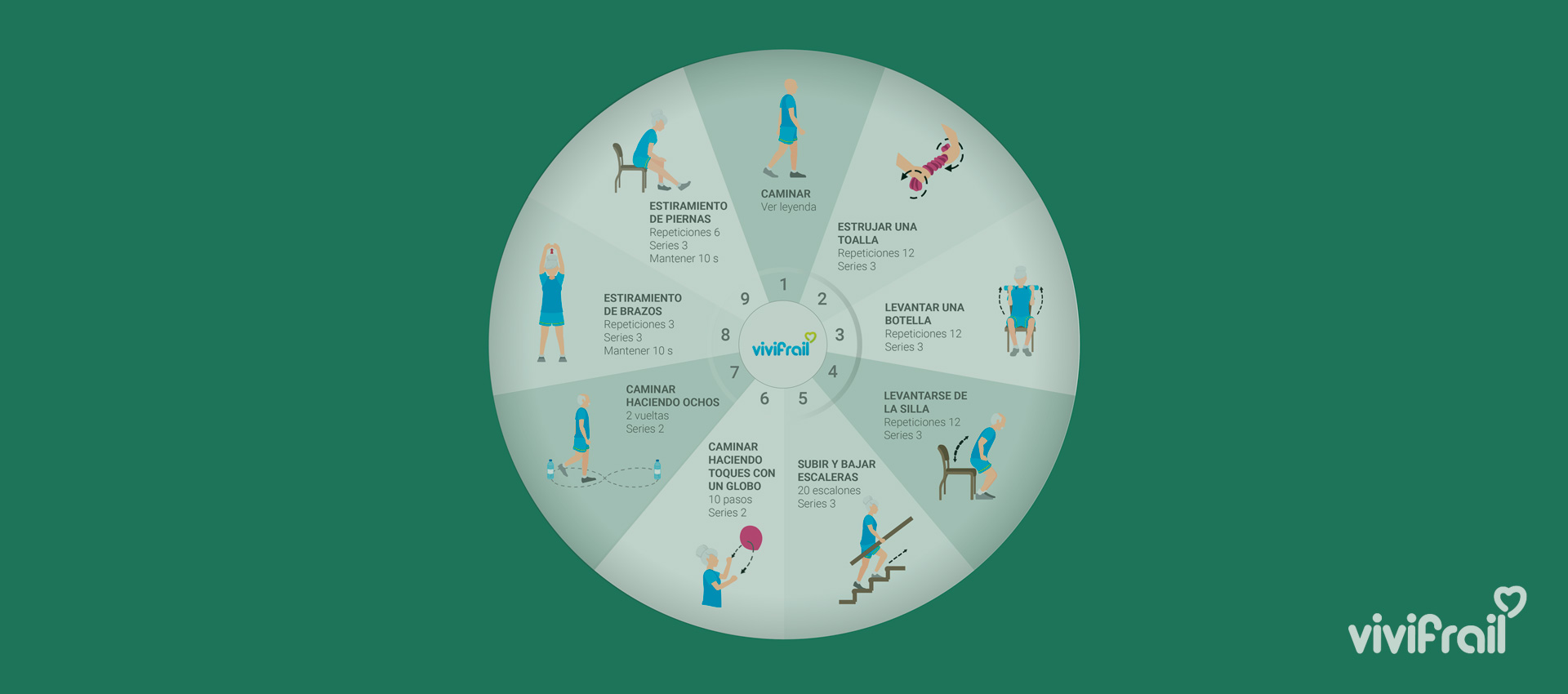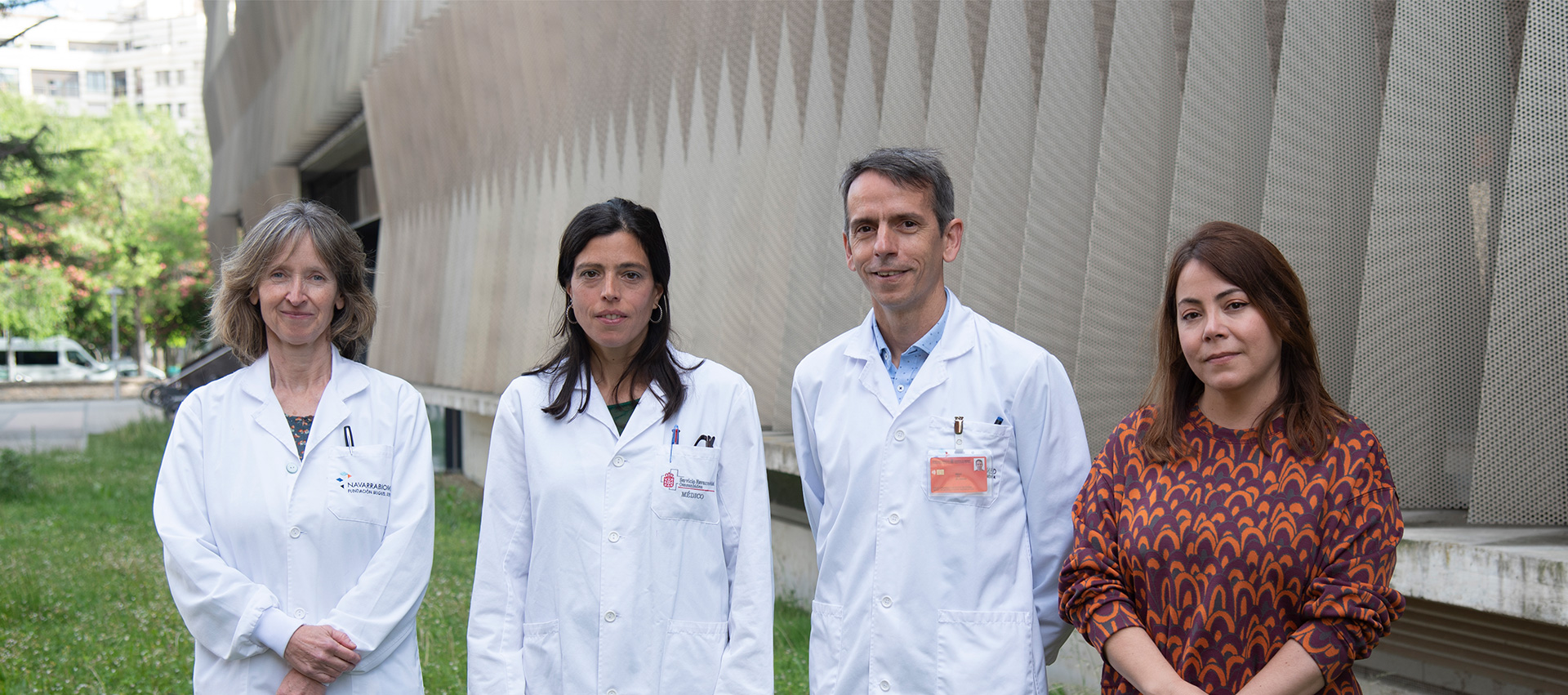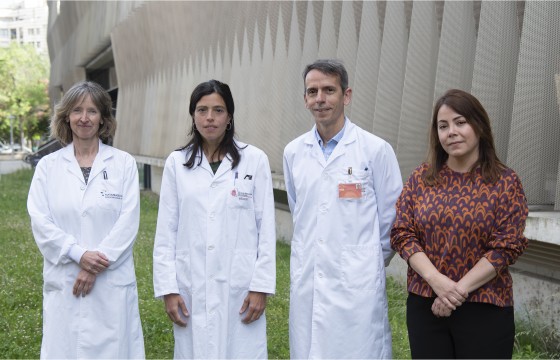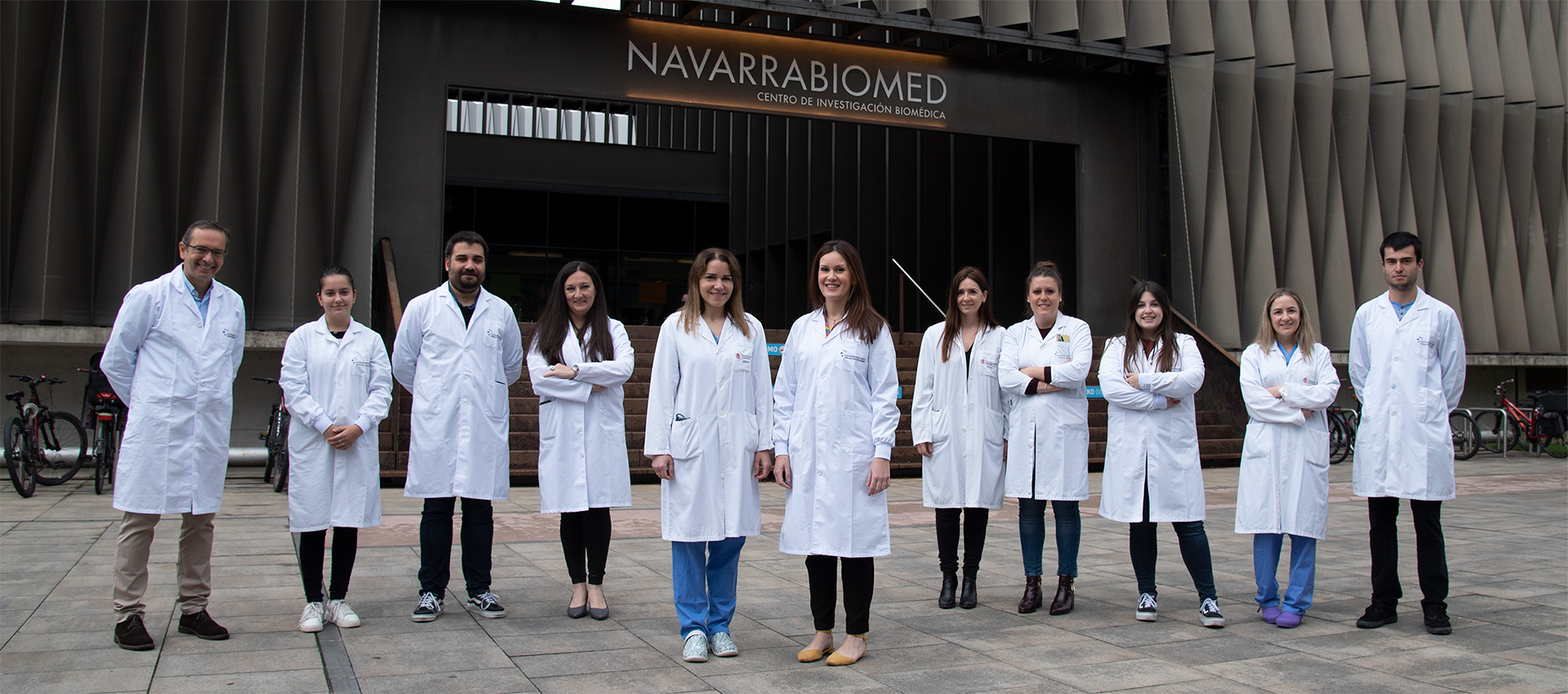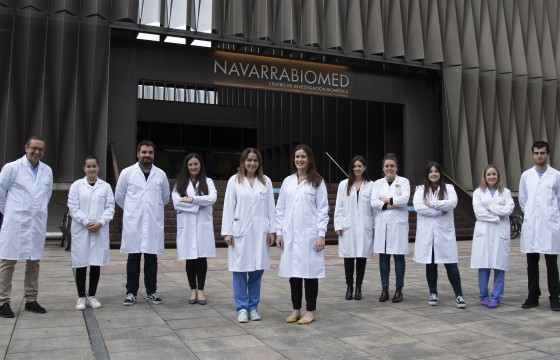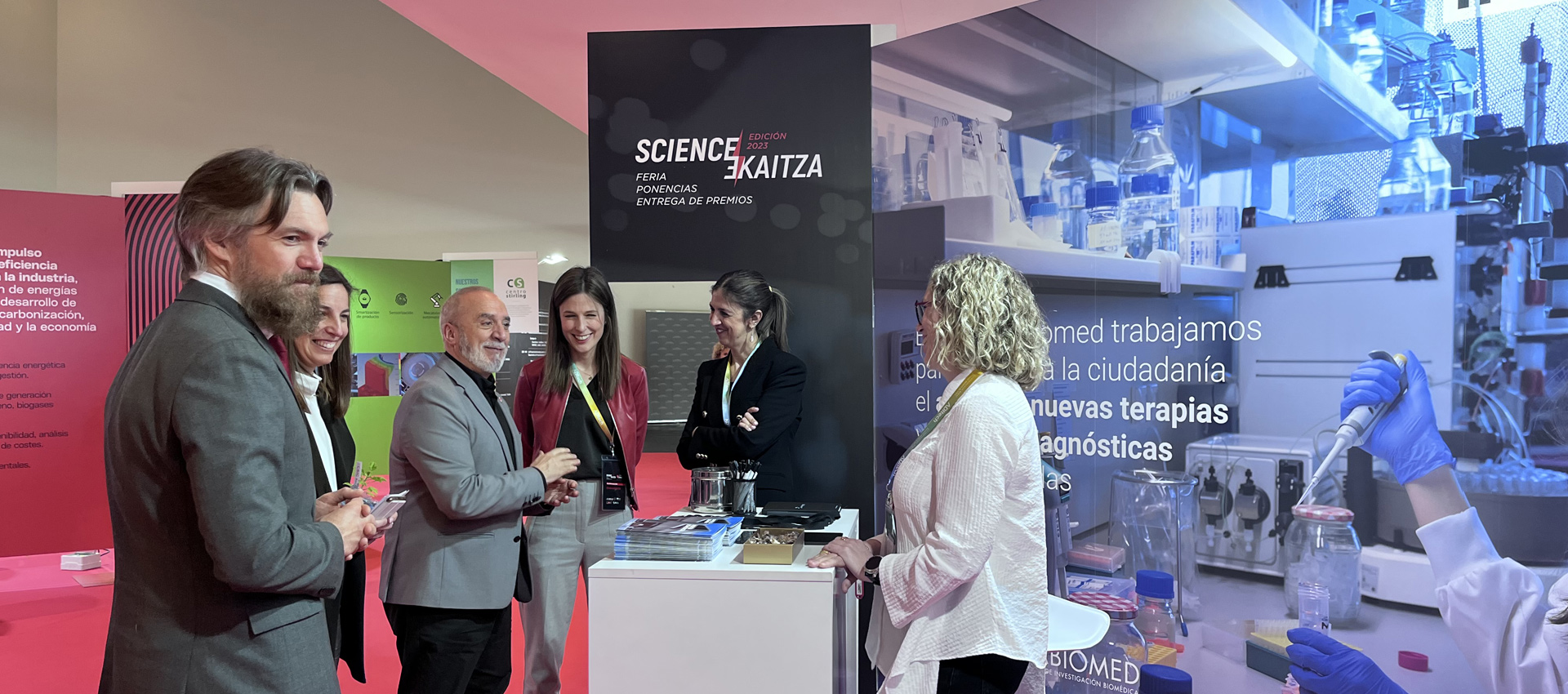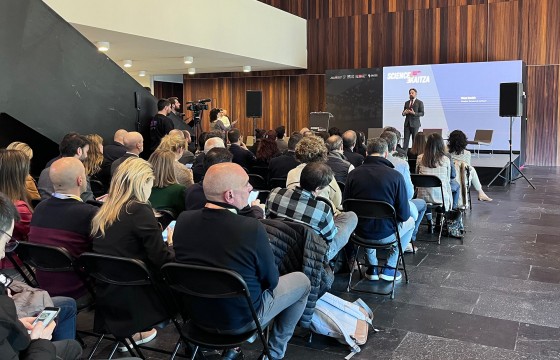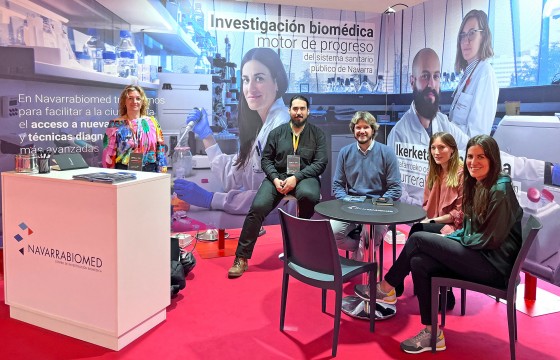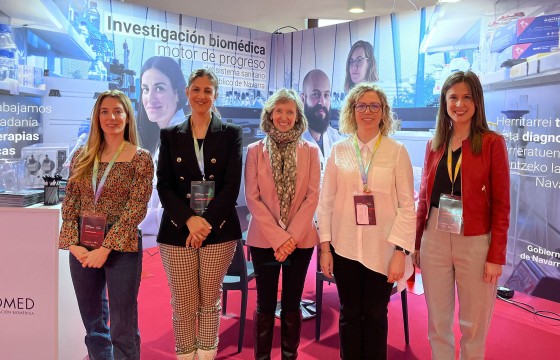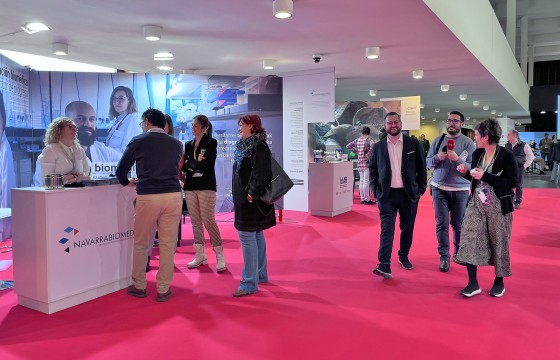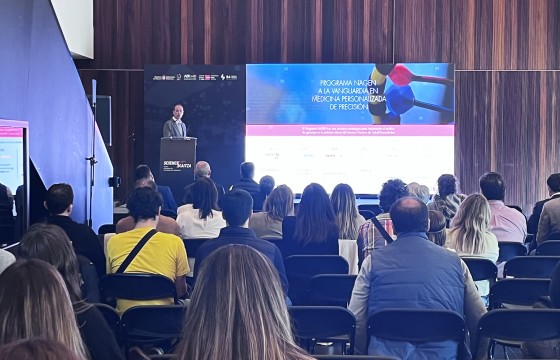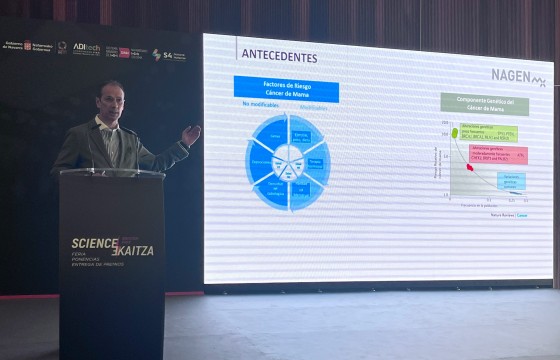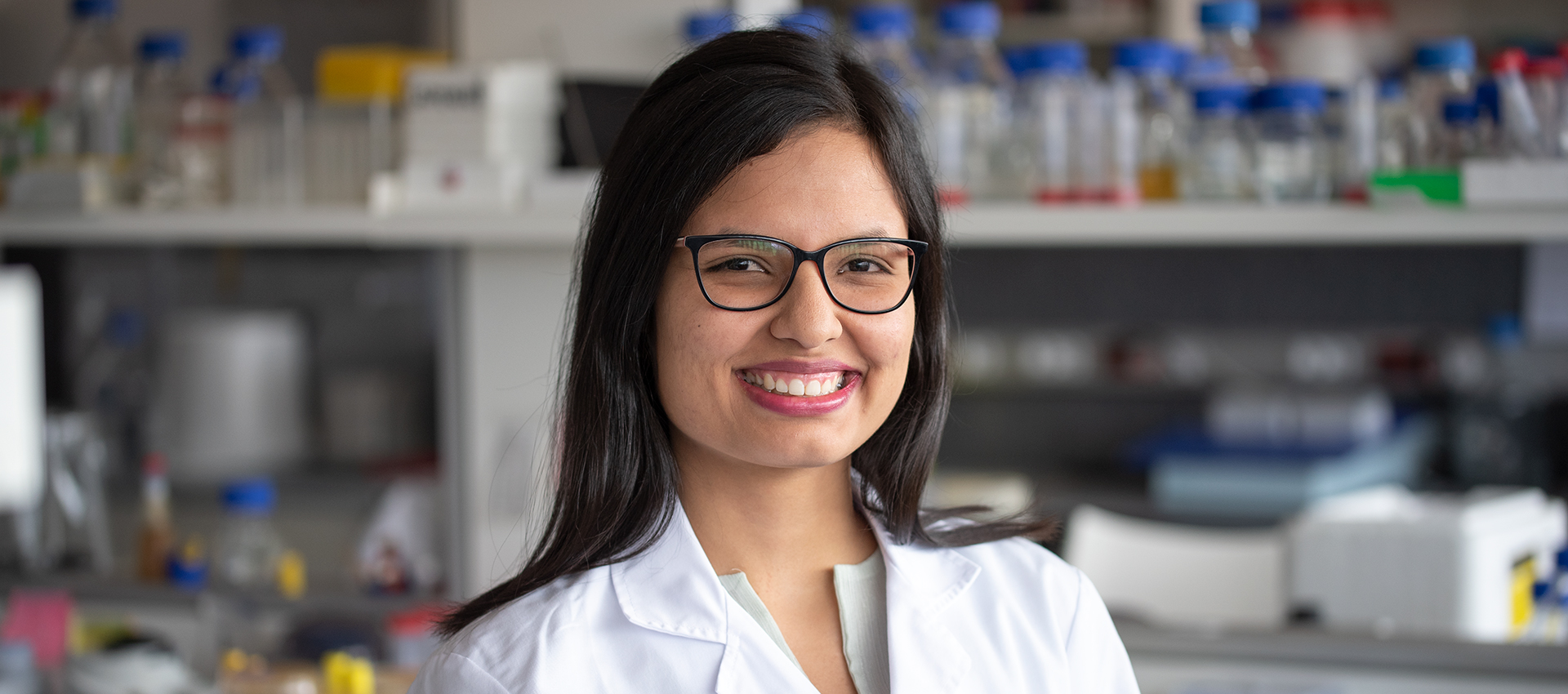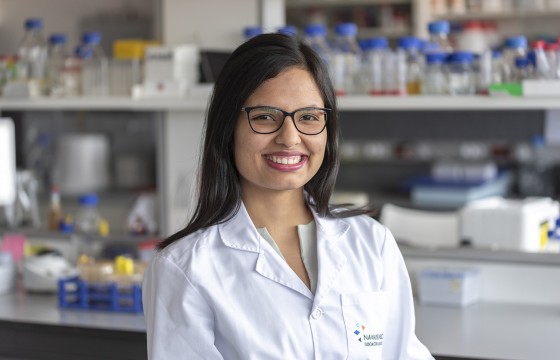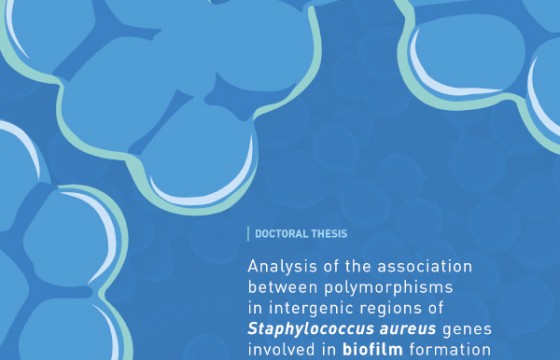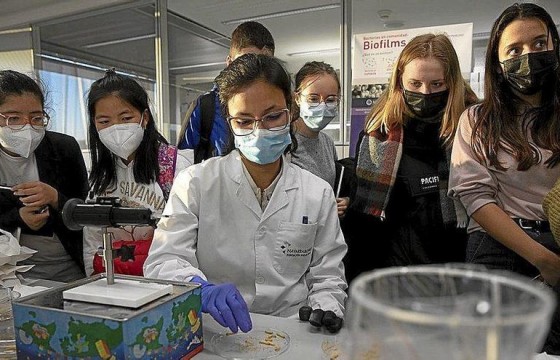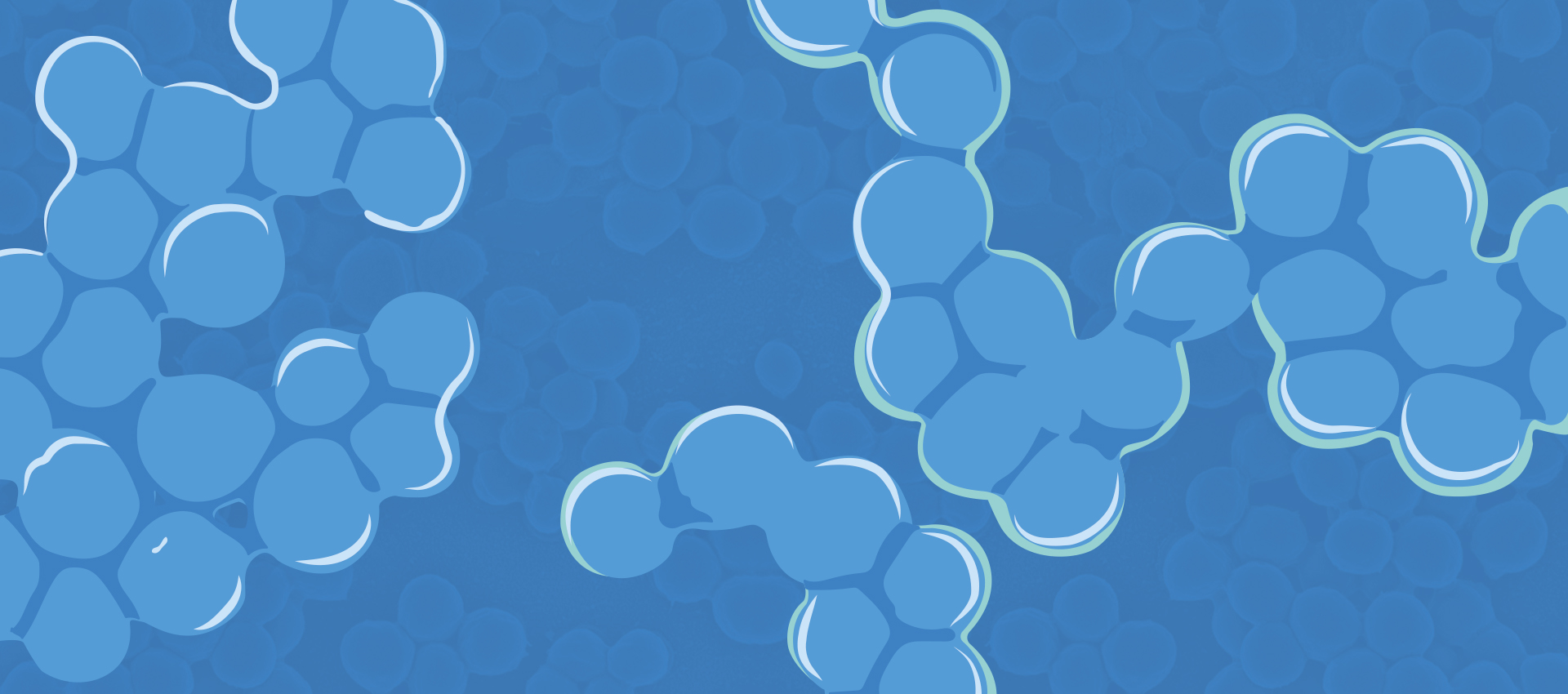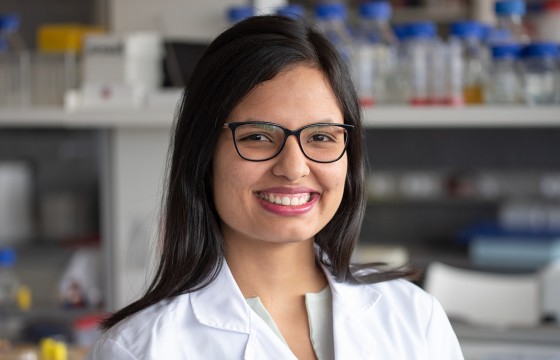Navarra participates in the CORDELIA Study, a national research that studies the genetic risk of suffering from cardiovascular diseases
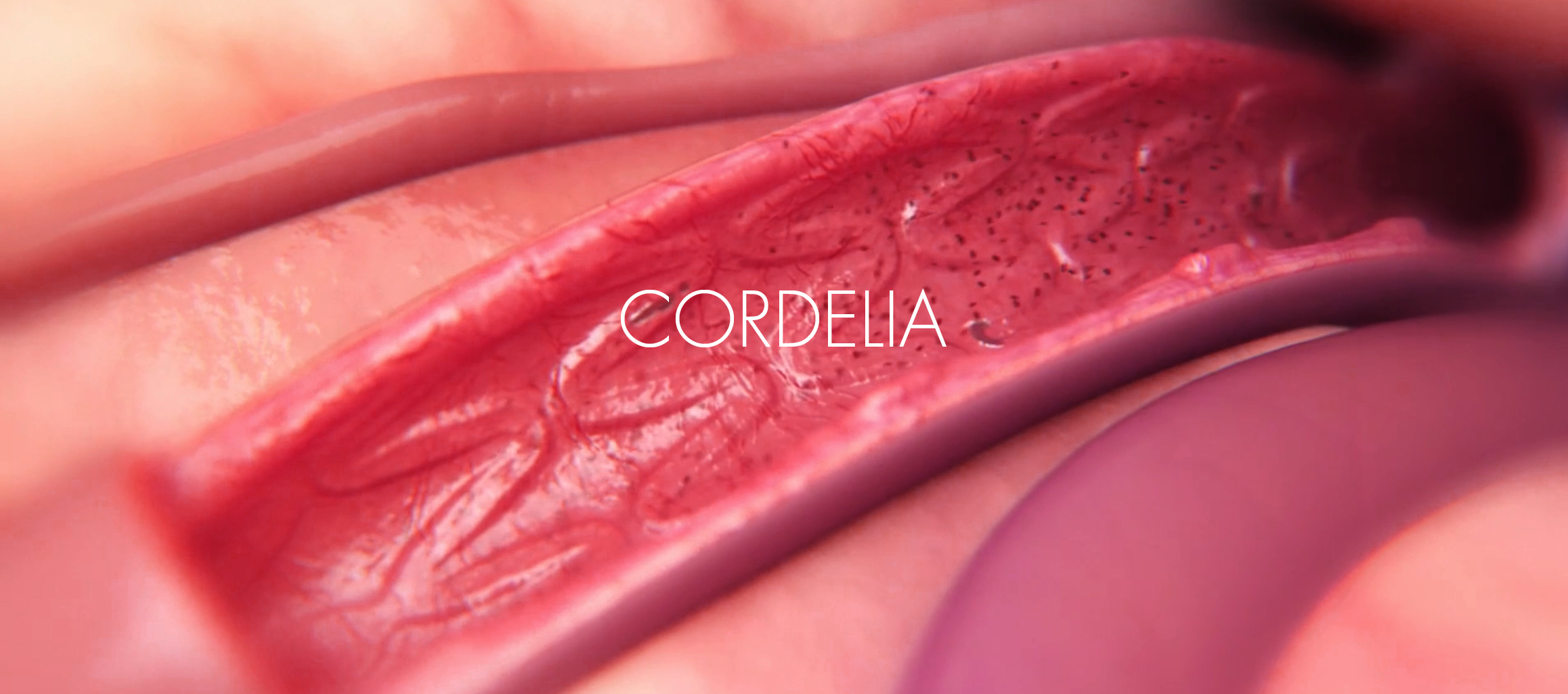
- It is a collaborative initiative that combines data from 31 vascular risk monitoring cohorts in which 23 institutions from 12 autonomous Communities have participated.
The Department of Health of the Government of Navarra participates in the CORDELIA Study (Collaborative cOhorts Reassembled Data to study mEchanisms and Longterm Incidence of chronic diseAses), which has received a grant in the Personalized Precision Medicine Call from the Carlos III Health Institute. The initiative is led at the national level by the Instituto Hospital del Mar de Investigaciones Médicas (IMIM) and it constitutes the representative study of the largest population of association of the human genome with risk factors for cardiovascular diseases. In addition, the research will allow progress towards the personalization of its prevention and treatment.
This collaborative project combines data from 31 vascular risk monitoring cohorts in Spain, from 23 institutions representing 12 autonomous communities, in order to carry out projects or test scientific research hypotheses with a broad statistical power to study the validity of existing cardiovascular risk functions and identify risk factors and prognostic factors. In total, this project has 163,830 participants aged 30 to 84 with an average follow-up of more than 11 years. CORDELIA is governed by a CYBER-managed agreement.
Navarra's participation in CORDELIA is focused on three research projects, cohort population studies in which participants' cardiovascular events are monitored (healthy population): the Study of cardiovascular diseases carried out in 1993 (Navarra93), which includes 1,400 people; the study EPIC-Navarra launched in 1992-1995 with a total number of 8,040 participants and the Vascular Risk in Navarra Study launched in 2004 (RIVANA), with the participation of 4,168 people. The first two (Navarra 93 and EPIC-Navarra) are managed by the Institute of Public and Occupational Health of Navarra and the study RIVANA by the Planning, Evaluation and Knowledge Management Service of the General Directorate of Health.
From Navarre, the CORDELIA research team includes Concepción Moreno Iribas (Navarra93), Marcela Guevara Eslava (EPIC-Navarra) and María Jesús Guembe Suescun (RIVANA).
- Information for participants: People who have participated in these three projects in Navarra can access information about the processing of their data at the following link.
CORDELIA eta CORDELIA-GWAS
CORDELIA has obtained a grant of about 5 million euros in the call for Personalized Precision Medicine Research Projects of the Strategic Action on Health 2021-2023, from the European funds of the Recovery, Transformation and Resilience Plan with the Project “The first genome-wide association Study (GWAS) with 10-year population-based coronary heart disease in more than 100,000 participants to personalize cardiovascular prevention in Spain” (PMP22/00033). The objective of this project, CORDELIA-GWAS, is to identify genetic factors that allow refining the prediction of cardiovascular disease in the Spanish population for its practical application in the identification and prevention of risk at the individual level.
In the usual clinical practice, the individual prevention strategy is based on the estimation of the global cardiovascular risk and the implementation of preventive measures according to the estimated risk. The predictive cardiovascular risk equation developed in Framingham has been adapted to the Spanish population by the group REGICOR from the IMIM, coordinator of the CORDELIA project.
Based on the adapted equation, tables were constructed that could be easily used in clinical practice with the risks of coronary heart disease at 10 years, according to the individual characteristics of the risk factors (cholesterol, blood pressure, smoking, diabetes, age and sex). The tables have been validated in three subsequent cohort studies (the VERIFICA study, the REGICOR cohort study itself and in the FRESCO study with more than 50,000 participants from all over Spain), and are commonly used in primary care of the health systems of the autonomous communities.
One of the limitations of these functions is their low sensitivity, since approximately 60% of cases of cardiovascular disease occur in low or moderate risk groups. For this reason, in recent years an attempt has been made to improve the predictive capacity of these functions, especially in the moderate risk group, by evaluating new biomarkers. Among them, genetics are of special interest, since they need to be determined only once in a lifetime.
The development of genetic risk scores based on the results of a GWAS study in a Spanish cohort and the evaluation of its predictive capacity should contribute to the development of personalized and precision medicine in Spain.
The aim of the study is to perform a GWAS on the more than 100,000 Spanish participants for whom DNA is available and to perform a 10-year coronary heart disease association test in Spain for the first time.
INCIDENCE AND PREVENTION
The incidence and mortality rates of atherosclerotic cardiovascular disease (ASCVD) are decreasing in many European countries, but it remains an important cause of morbidity (~2500/100,000 inhabitants) and mortality (about 4 million deaths annually). In recent decades, the main risk factors for ASCVD have been identified. An important way to prevent ASCVD is to promote a healthy lifestyle throughout life, especially by avoiding smoking, following a healthy diet and engaging in regular physical activity. On the other hand, there are safe and effective low-cost treatments for risk factors that reduce cardiovascular risk. However, adherence to a healthy lifestyle, and control of the risk factors for ASCVD (which is often insufficient, even in patients at high risk of ASCVD), do not guarantee an absolute reduction in cardiovascular risk.
For the personalized prevention of cardiovascular diseases, it is essential to consider a holistic vision and to have a good understanding of the environmental, genetic, lifestyle (diet, obesity, exercise, alcohol and smoking mainly) and socioeconomic interactions, which need to be studied with population-based approaches at an international scale for which each country must have sufficiently large databases and biobanks. Personalized medicine, which is being developed in the present decade, will predictably evolve and be perfected, thanks to large cohorts such as IMPACT Personalized Medicine, and like the one proposed in this project, which, in themselves or together with other large international databases will allow addressing the prevention of cardiovascular diseases and other chronic diseases in a personalized and comprehensive way including individual factors and community or social factors.

